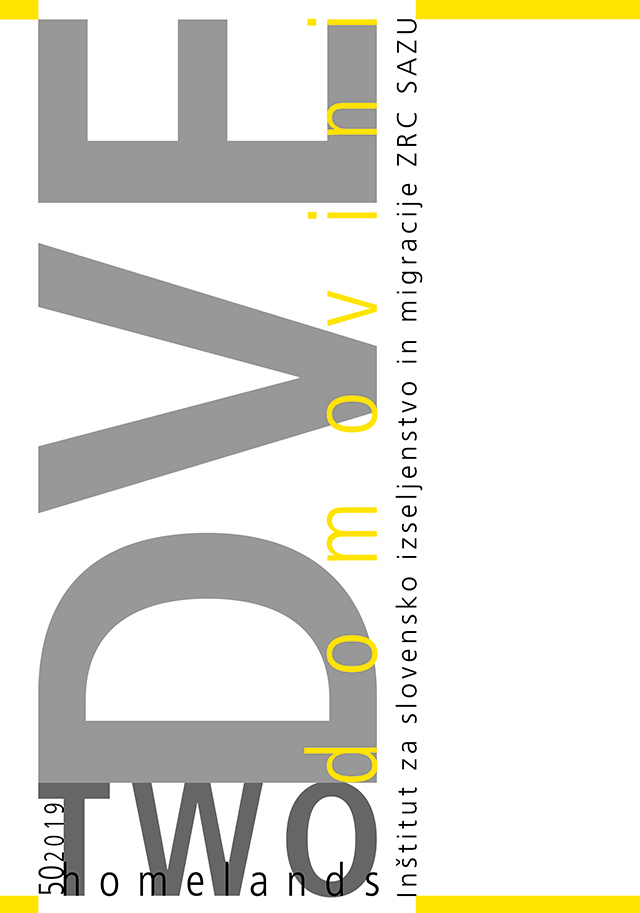The Political Character of Migration after the Second World War: From the Politics of Revanchism to Amnesty
DOI:
https://doi.org/10.3986/dd.v2019i50.7465Keywords:
migration, emigrants, immigrants, re-migrants, refugees,Abstract
The paper focuses on the complexity of the dynamics of migration in the Republic of Slovenia/Yugoslavia in the immediate aftermath of the Second World War, or more precisely, during the period spanning the wartime and its conclusion to the years of the liberalisation of the Yugoslav international migration policy, linked to the 1962 Law on Amnesty, and to the agreement between SFR Yugoslavia and the Republic of Austria on the regulation of the employment of Yugoslav workers in Austria (1963). The paper aims to provide a concise and structured overview of the prevalent migration practices in Slovenia during this period, highlighting international political processes that had a significant impact on the dynamics of migration.Downloads
Download data is not yet available.
Downloads
Published
2019-01-01
How to Cite
Lukšič Hacin, M. (2019). The Political Character of Migration after the Second World War: From the Politics of Revanchism to Amnesty. Two Homelands, 2019(50). https://doi.org/10.3986/dd.v2019i50.7465
Issue
Section
Articles
License

This work is licensed under a Creative Commons Attribution-NonCommercial-NoDerivatives 4.0 International License.
Authors guarantee that the work is their own original creation and does not infringe any statutory or common-law copyright or any proprietary right of any third party. In case of claims by third parties, authors commit their self to defend the interests of the publisher, and shall cover any potential costs.
More in: Submission chapter





